As our cities expand and densify simultaneously, there is a need to design places to connect people to nature. If we are not careful, our commute and daily experience within the city will be nothing more than glass, steel, and concrete. This post articulates the need for biophilic interventions in urban places, offers good examples found in NYC, and suggests easy solutions you can take now to help.
Our access to wild places and “nature” is shrinking, and so is our will to get to those places. According to the Bureau of Labor Statistics, over 80 percent of Americans took at least a week-long vacation in 1977. Compare that to less than 60 percent of Americans taking a week-long vacation in 2014. Additionally, trips to our National Park system have also been in decline. The Journal of Leisure Research published a report in 2014 that shows per capita visitation to our National Park system has declined 19 percent since 1997. If we are trending towards getting “out into nature” less, we need to actively design our cities to bring nature in. As we continue to select urban places to live, the impetus to embed nature, and specifically urban biophilic acupuncture, is paramount.
Biophilia is humankind’s innate biological connection with nature. It helps explain why crackling fire and crashing waves captivate us; why a garden view can enhance our creativity; why shadows and height instill fascination and fear; and why animal companionship and strolling through a park have restorative, healing effects. Terrapin Bright Green has published two extensive reports on the subject of biophilia, The Economics of Biophilia and 14 Patterns of Biophilic Design.
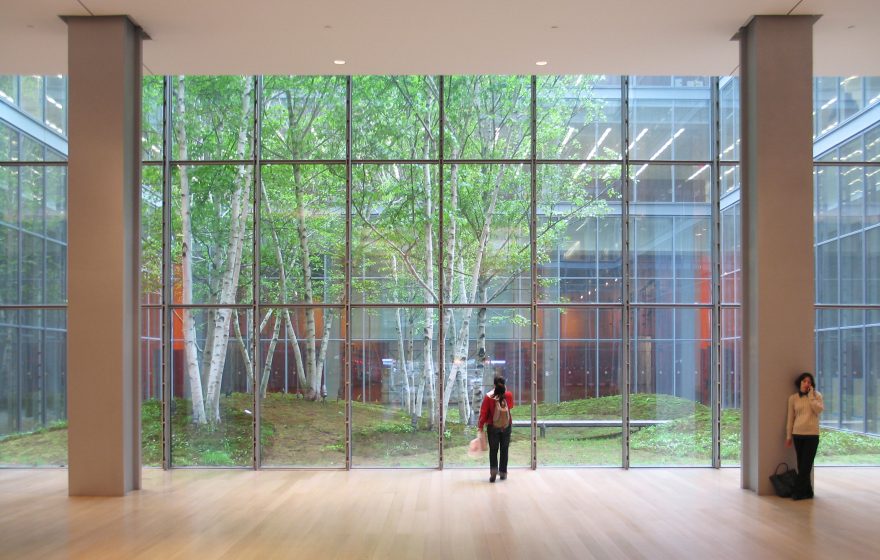
Urban Acupuncture is a socio-environmental theory that combines contemporary urban design with traditional Chinese acupuncture, using small-scale interventions to transform the larger urban context. Just as the practice of acupuncture is aimed at relieving stress in the human body, the goal of urban acupuncture is to relieve stress in the built environment. Urban acupuncture is intended to produce small-scale but socially catalytic interventions in the urban fabric. No needles necessary.
Biophilic Urban Acupuncture (BUA) is the theory that threads and nodes of biophilic interventions in specific urban places can help improve people’s moods, connect people to place, and help improve mental health. Biophilic urban acupuncture blends two very important design concepts: biophilia and urban acupuncture.
BUA has higher levels of effectiveness in dense cities versus suburban places due to the ease of pedestrian mobility. A resident that lives in a dense city will spend at least some time each day outside because they will be walking to transit, walking to work, or walking to get a meal. Even though BUA is likely needed in more suburban places, the auto-centric street design and sprawled land-use typically does not lend itself to high quality biophilic opportunities.
Threads and Nodes
Smaller BUA interventions should be placed in locations throughout the city in a web-like structure, allowing users with different destinations to engage in biophilic experiences no matter where they are traveling. These smaller biophilic interventions do not need to be grand in scale to have an impression. Positive impacts on self-esteem and mood have been shown to occur in the first five minutes of experiencing nature (Barton &Pretty, 2010). Daily, unintentional exposure should be a priority when planning a BUA intervention. The intervention should be placed in a location that receives a large number of users but is embedded into an everyday habitat or commute.
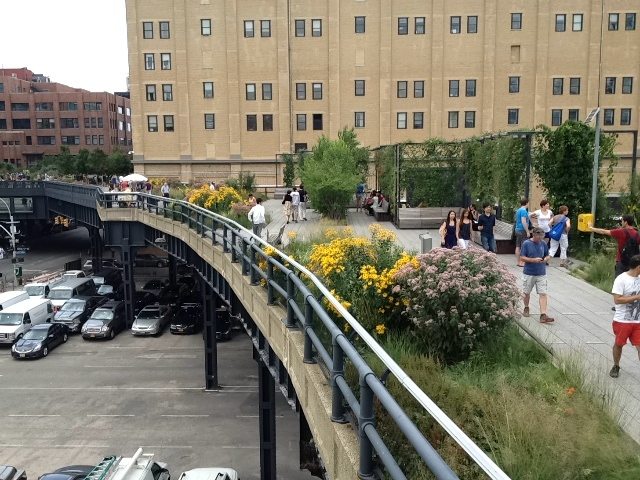
The larger biophilic experience should be placed in an area of the city that can serve a larger amount of the population and should include as many biophilic patterns as possible. These are typically parks, such as the Olmsted-designed Central Park in New York City or the Tommaso Francini-designed Luxembourg Garden in Paris. Large parks that are centrally located within a city and connected by good transit will provide a robust BUA experience to a greater number of residents than parks located in the periphery.
BUA Examples
THE FOUNTAINS AND WATER FEATURES OF NYC
A space with a good Presence of Water condition feels compelling and captivating. Fluidity, sound, lighting, proximity, and accessibility each contribute to whether a space is stimulating, calming, or both.
In the urban environment, there are two ways to capitalize on the multi-sensory attributes of water to enhance the experience of a place. First, simulating or constructing water features (water walls, fountains, or falls; aquaria; water imagery) in the built environment—indoors and out—creates positive effects for inhabitants, though, it is worth mentioning that water and energy-intensive installments may create other issues. Second, it is possible to amplify the presence of naturally occurring water (lakes and ponds; streams, creeks, and rivers; rainfall; arroyos) to help inhabitants become increasingly aware of the surrounding environment.
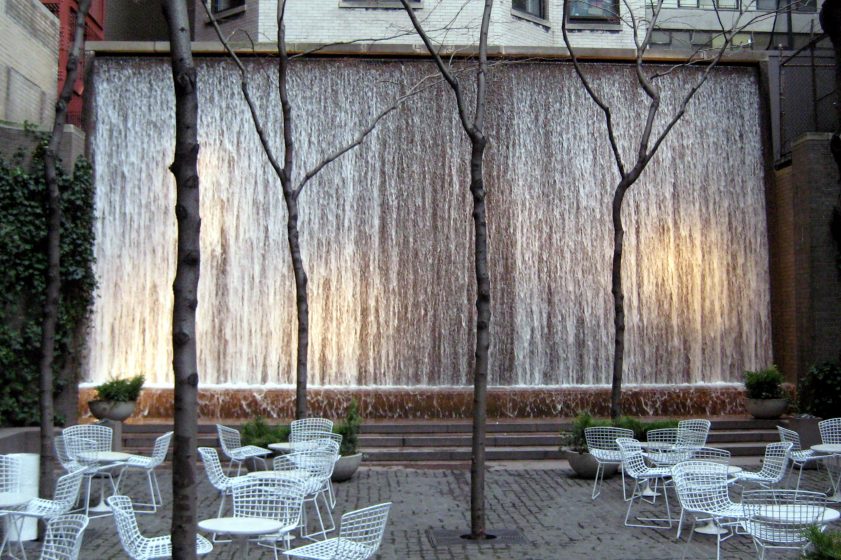
THE TREES OF NYC
A space with a good Visual Connection with Nature feels whole; it grabs one’s attention and can be stimulating or calming. It can convey a sense of time, weather, and other living things.
MillionTrees NYC is a citywide, public-private program that has planted one million new trees across the City’s five boroughs over the past decade. Beyond the numerous ecological benefits, strengthening New York City’s urban forest plays a positive role in helping inhabitants reduce stress and bolster self-esteem, mood, and parasympathetic activity.
PopUp Forest: Times Square is emulating the pop-up restaurant experience by transforming a public plaza in Times Square into a large-scale, temporary urban forest installation. The goal is to foster a movement to re-define cities with nature in mind and to create an urban oasis for wildlife while helping New Yorkers get more familiar with nearby nature.

BIOMORPHIC SUBWAY ART
Biomorphic Forms & Patterns are symbolic references to contoured, patterned, textured, or numerical arrangements that persist in nature. A space with good Biomorphic Forms & Patterns feels interesting and comfortable, possibly captivating, contemplative or even absorptive.
Biomorphic subway art illustrates how this concept has been implemented in New York City subway stations. The passageway between 42nd Street and 5th Avenue includes artistic depictions of natural systems such as tree roots and animal burrows, and the Jay Street/Metro Tech Station depicts glass mosaic art with various animal species, including starlings, sparrows, lion fish, parrots, tiger beetles, and koi fish.
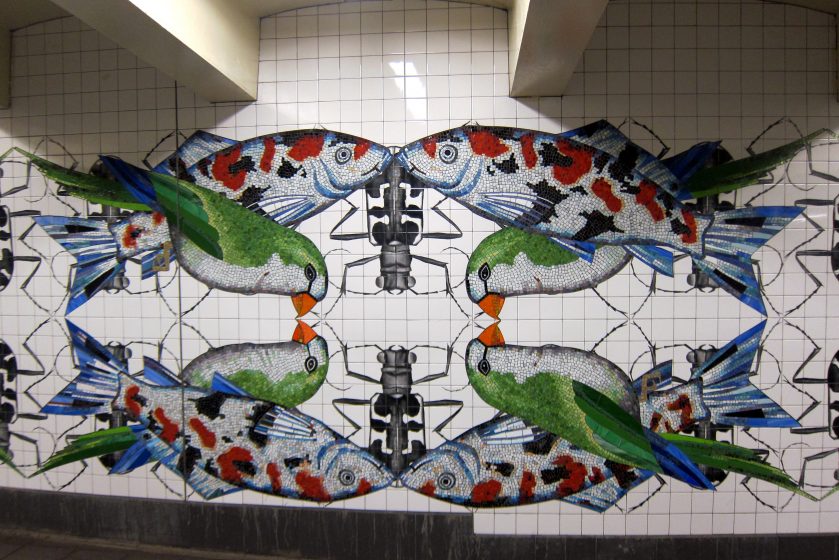
BROOKLYN BRIDGE PARK TIDAL WETLANDS
A space with a good Connection with Natural Systems evokes a relationship to a greater whole, making one aware of seasonality and the cycles of life. The experience is often relaxing, nostalgic, profound or enlightening, and frequently anticipated.
The tidal wetlands at the recently expanded Brooklyn Bridge Park offer a prime example of connecting an urban landscape with the local ecosystem. The wetlands heighten awareness of natural properties of the East River and may promote environmental stewardship of the Park and surrounding area.
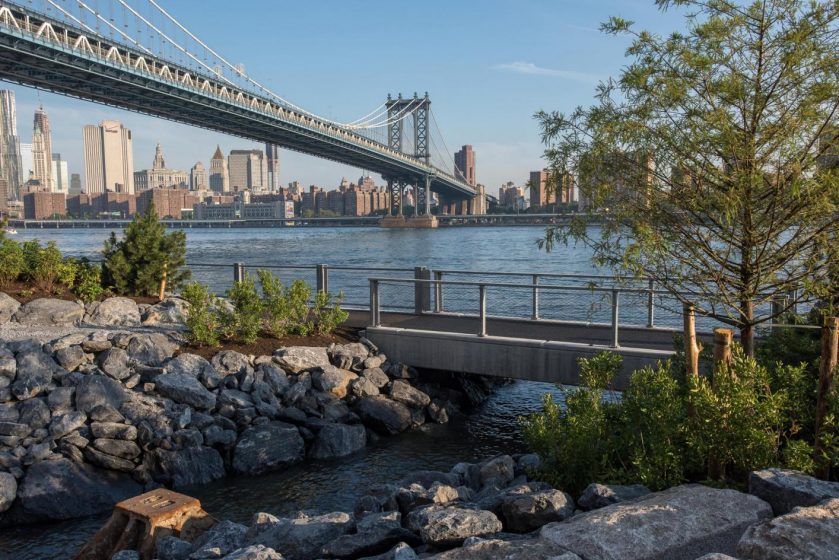
DIY Biophilic Urban Acupuncture
Biophilic Urban Acupuncture does not need to hinge on large budgets or city agencies to have dramatic impact. You can play a role in integrating BUA elements in your neighborhood now. Here are a few strategies to help you get started:
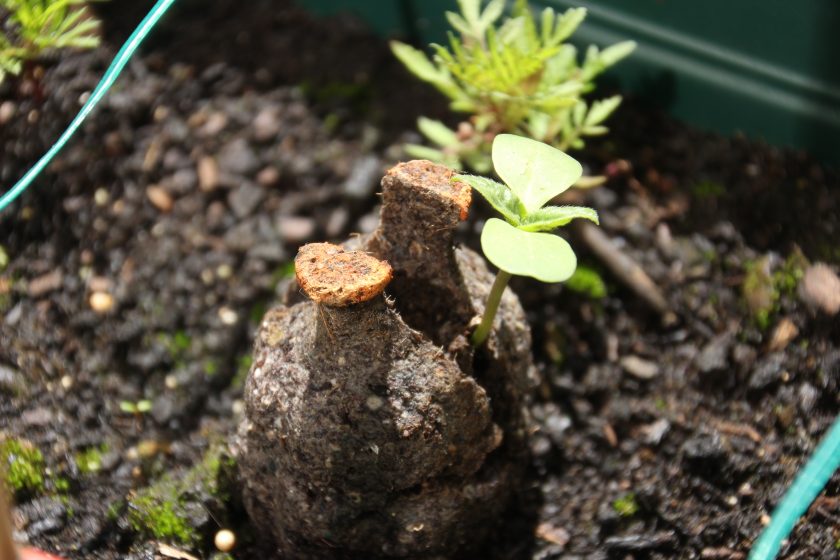
Seed bombs are balls made from volcanic red clay or compressed soil containing different varieties of native species’ seeds; they can fit in the palm. Usually, other additives are included in the ball, such as compost or humus to provide microbial inoculants. They can be dropped or tossed onto vacant lots or public places that are in need of beauty and vegetation. Seeds that support pollinators, such as honeybees or butterflies, are better as they will reinforce the Visual Connection to Nature and Connection to Natural Systems biophilic patterns.
WHERE: Seed bombs work well in places that have exposed soil and in places that are difficult to access.
HOW: Although it was once strictly a DIY project, seed bombs can now be purchased online, in stores, or even from vending machines.
Tree pits are areas around urban trees that provide a small pervious surface for the roots to breath and absorb water. These can be transformed from small, often neglected patches of soil into strong BUA interventions. If done with care, you can plant flowers or root bulbs in the pits. Additional interventions could include placing small benches around the tree pit, which will create a reason for people to linger under the tree, reinforcing the biophilic response.
WHERE: Most trees that are located in public right-of-way are the responsibility of the community to take care of. Check with your neighbors about which tree pits are available to improve.
HOW: Using a hand cultivator, loosen the topsoil, as this is usually compacted. Spreading a thin layer of mulch will help the tree absorb water and reduce evaporation. Plant in-season flowers and enjoy!
Guerilla gardening is the act of planting vegetation in spaces that gardeners do not have the legal rights to use. These sites are typically abandoned or areas that are substantially neglected. BUA can have large impacts in these neglected areas via guerilla gardening because the intervention is typically noticed and appreciated by the community, regardless of who did it, and is taken care of for years. This intervention supports the Connection with Natural Systems, Visual Connection with Nature, and Non-Visual Connection with Nature biophilic patterns
WHERE: Typically, guerrilla gardening occurs in spaces that are vacant or underutilized spaces. This intervention originated in NYC in the 1970s with residents throwing balloons filled with local seeds, water, and fertilizer into empty lots.
HOW: This BUA intervention is best done with a group of neighbors and/or friends. Locate a site that is in need of a garden and make a plan for the plantings and improvements. Pre-planting site work may need to be done, such as cleaning up junk, trash, and debris.
We know that cities will continue to morph. We also know that we enjoy listening to a water fountain, seeing a butterfly, or watching leaves shake with the help of a slight breeze. Let’s work to ensure that Biophilic Urban Acupuncture is part of the toolkit we use to help shape the places where we want to live.
Jonce Walker
New York City
This essay is posted with permission from Terrapin Bright Green and originally appeared on www.terrapinbrightgreen.com/blog/ on October 21, 2015.
*Featured image copyright Steve Guttman/Flickr
About the Writer:
Jonce Walker
Jonce is an urban planner and senior project manager at Terrapin specializing in large scale sustainability interventions.

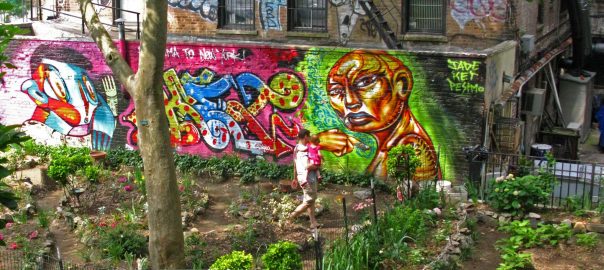
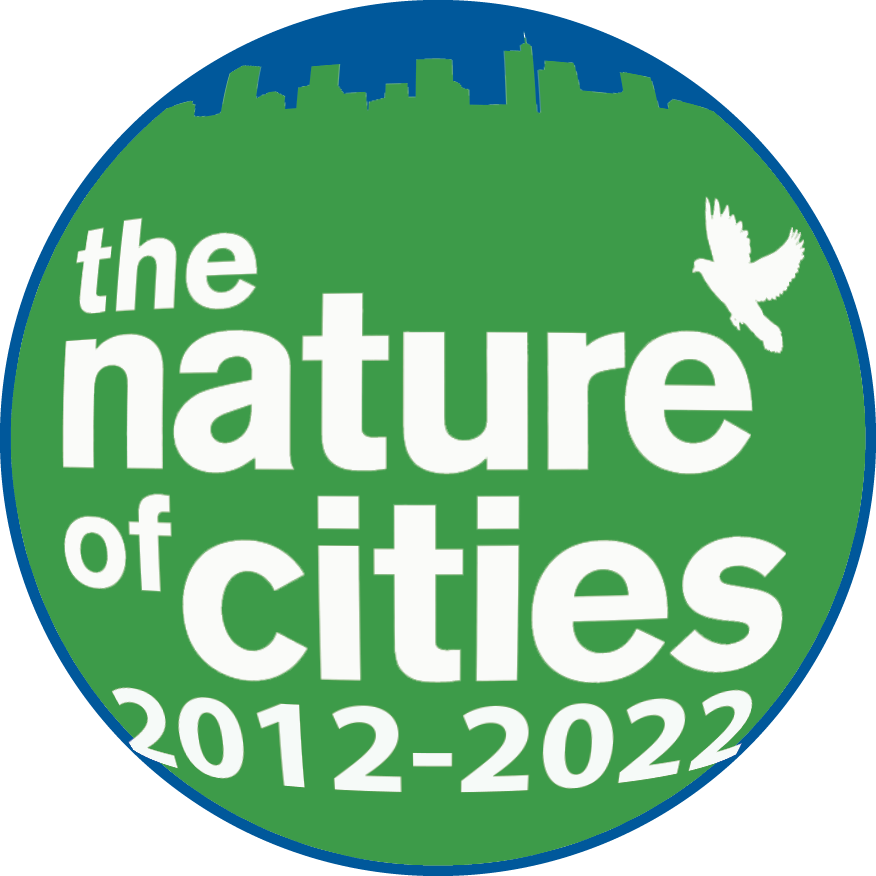
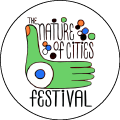
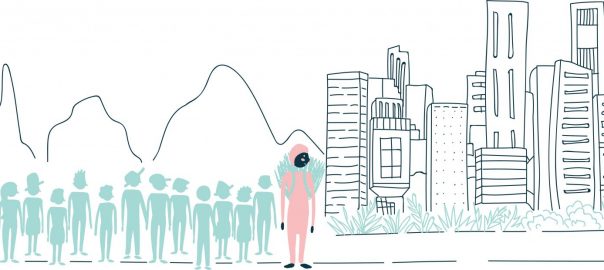
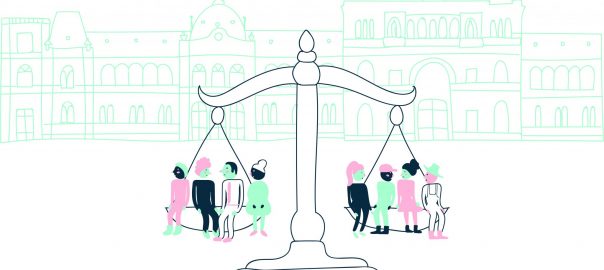
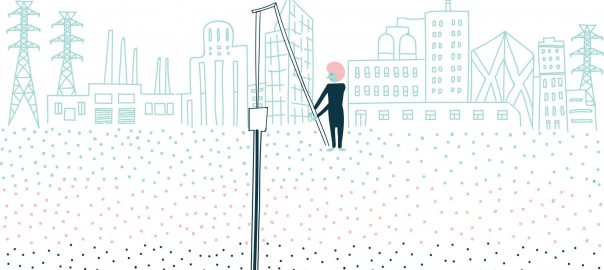
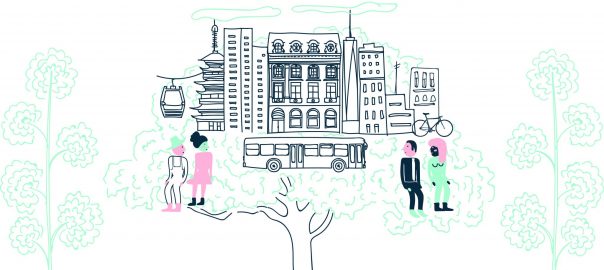

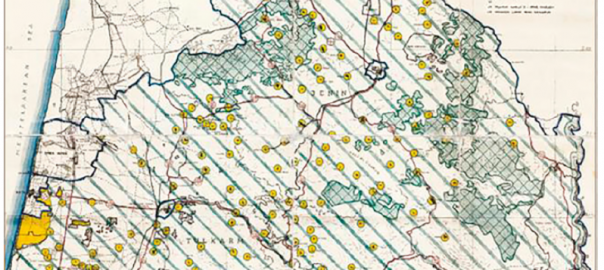
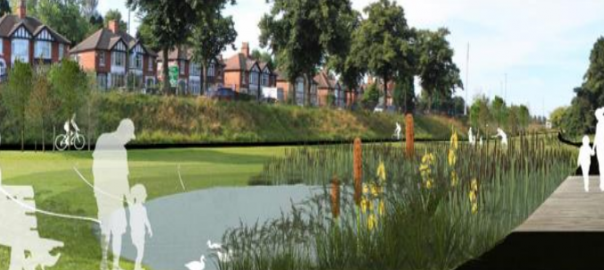
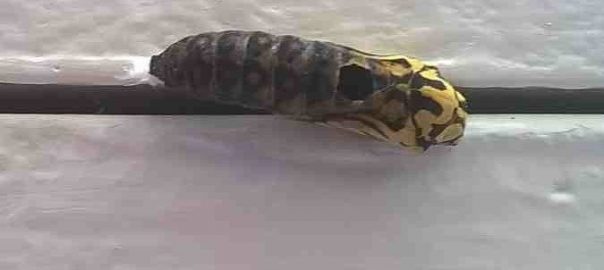
1 Comment
Join our conversation